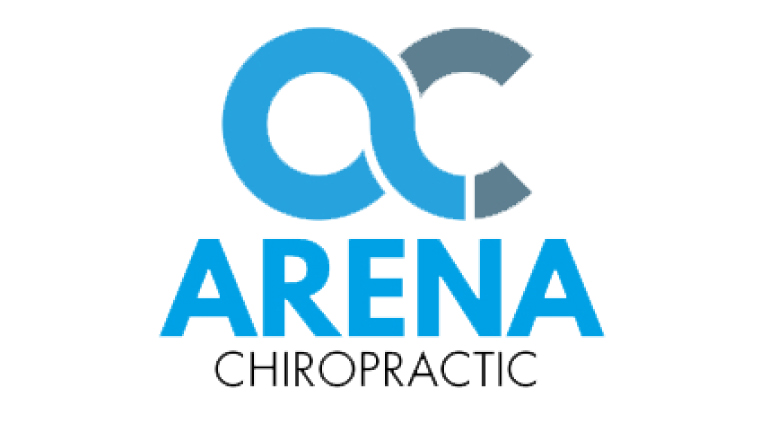In “Out of the Past”, one of the greatest film noir ever made, Robert Mitchum’s past inevitably catches up with him and dire consequences ensue for all involved. Are we, in terms of health and disease, also in danger of having our past – that is, our genetic inheritance – track us down and interfere with our life plans?1,2,3
Our past is our past – the things we’ve done can never be changed. Likewise, our genetic inheritance is fixed – we can’t alter the genetic makeup of our 46 chromosomes. But genetics is a complicated field of study. Scientists are beginning to piece together many small pieces of the puzzle, yet the big picture is very slow to emerge. It seems the genes you’ve inherited from your parents are only the starting point of who and what you are. It’s not the genes so much, but rather the expression of those genes that determine your physical characteristics and capabilities. Gene expression leads to the final product – a never-finished final product, of course – that is you.
In some cases, genetic inheritance is absolute. If a child inherits two copies of the genetic defect that causes sickle cell anemia – one from each parent – she will become ill with sickle cell disease. If a boy has inherited a copy of a particular sex-linked mutation (carried on the X chromosome) from his mother, he will develop Duchenne muscular dystrophy, a severe muscle wasting disease.
But most diseases result from combinations of genetic factors and variabilities in genetic expression. Cancer, diabetes, and heart disease, which together account for 60% of all deaths in the United States, are all caused by complex combinations of altered physiologic processes. In turn, gene expression is impacted to a significant extent by environmental factors. Environmental factors include the quality of your diet, the amount of regular exercise you do, the amount of rest you get, and many other factors that are a part of your daily life.
Importantly, gene expression is also based on the quality of information flowing through your nerve system. The final common pathway of gene expression is protein manufacture. Proteins are the workhorses of all physiologic mechanisms. Protein production depends, as do all other cellular processes, upon receipt of accurate and timely instructions from the nerve system.
Acute and chronic irritation to the musculoskeletal system – particularly irritation and injury affecting the spinal column – can interfere with normal flow of nerve system information. Chiropractic care removes these irritations, restoring normal biomechanical function to your body and in turn restoring optimal functioning of the nerve system.
The result is improved functioning of all body systems. With a healthy diet, plenty of regular exercise, sufficient rest, and fulfilling family and personal relationships, gene expression is directed toward productive, rather than destructive, pathways. What’s written in your genes cannot be unwritten. But you can control, to a great extent, the quality of the expression of your genes.
1 Levin BE: Synergy of nature and nurture in the development of childhood obesity. Int J Obes (Lond) 33(Suppl 1):S53-S56, 2009
2Ezzat S: Chromatin remodeling: the interface between extrinsic cues and the genetic code? Clin Invest Med 31(5):E276-281, 2008
3Elder SJ, et al: Genetic and environmental influences on factors associated with cardiovascular disease and the metabolic syndrome. J Lipid Res 50(9):1917-1926, 2009




